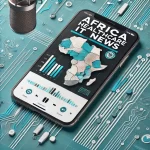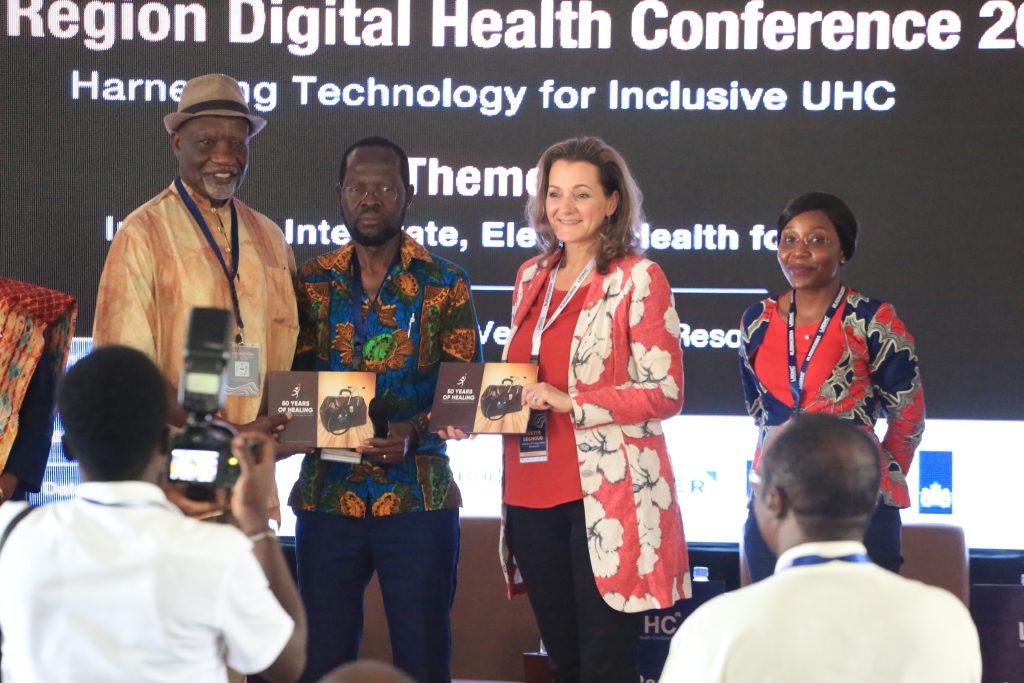Kisumu County’s healthcare sector is prepared for a transformative shift. This shift is attributed to digital technology integration. It was showcased at the recent Lake Region Digital Health Conference. The event was held in Kisumu. Leaders and stakeholders attended the event, including Kisumu Governor Peter Anyang’ Nyong’o. He highlighted the county’s strides toward Universal Health Coverage (UHC) through digital advancements.
Governor Nyong’o detailed the county’s journey since launching its UHC initiative in 2018. He cited successes like digitally registering over 850,000 residents via the M-TIBA platform. He also mentioned establishing the Kisumu Social Health Insurance Scheme.
A notable achievement was the introduction of a community health information system. This system was developed in partnership with Living Goods. It enhances the county’s capacity to deliver targeted health services.
“We have fully digitised our community health system,” Nyong’o explained. This advancement allows us to track household visits. It also helps us proactively connect community members with needed health services. This digital integration has greatly enhanced key health indicators. It has helped in reducing stunting rates. It also has increased skilled birth attendance.
Nyong’o aligned his message with the conference theme, “Harnessing Technology for Inclusive UHC.” He stressed that innovative health financing plays an essential role in reducing out-of-pocket expenses. Digital tools also improve healthcare accessibility. He called for increased collaboration and resource mobilisation to guarantee inclusive healthcare access, particularly for vulnerable populations.
The Regional Director of the Eastern Africa Regional Collaborating Center (RCC) of Africa CDC also echoed the Governor’s sentiments. During his keynote, he discussed Africa CDC’s Digital Health Transformation Strategy, aiming to modernise healthcare systems across the continent. The strategy includes implementing the African Union Health Information Exchange (AU-HIE) guidelines. This implementation will ease secure, cross-border data sharing within Africa’s health systems.
He highlighted the importance of digital healthcare. He noted, “Telemedicine, mobile health apps, and electronic health records are reshaping the accessibility of healthcare. They also enhance its efficiency and personalisation. Our goal is to strengthen public health systems across Africa, ensuring better outcomes for all.”
Despite digital health’s progress, he also acknowledged barriers like infrastructure limitations, data privacy issues, and workforce shortages. He emphasised the need for sustainable financing, regulatory frameworks, and active community engagement to overcome these obstacles.
The conference saw support from development partners. This includes the Netherlands government. Yvette Van Eechoud, Deputy Director General of Foreign Economic Relations, pledged ongoing assistance to Kisumu’s digital health goals.
During the event, Kisumu County unveiled two pivotal documents. The first is the Digital Health Roadmap. The second is the Kisumu Data Health Information Exchange and Data Repository Blueprint. These resources will guide the county’s efforts toward creating a fully integrated health system by 2027.
As Governor Nyong’o stated, “The integration of digital tools in healthcare allows us to deliver tailored interventions. These interventions address the unique needs of our communities. Our goal is to leverage data to improve health outcomes, ensuring no one is left behind.”
The conference closed with an emphasis on the need for equitable digital healthcare solutions. Nyong’o advocated for user-friendly systems that are accessible to all. He cautioned that digital health initiatives must avoid deepening disparities. This is particularly critical in remote areas with limited internet access. Digital transformation must benefit all communities.
The Lake Region Digital Health Conference marked a milestone in Kisumu County’s healthcare journey. It set the stage for regional collaboration. It also promoted further advancements toward inclusive, resilient healthcare across Africa.



